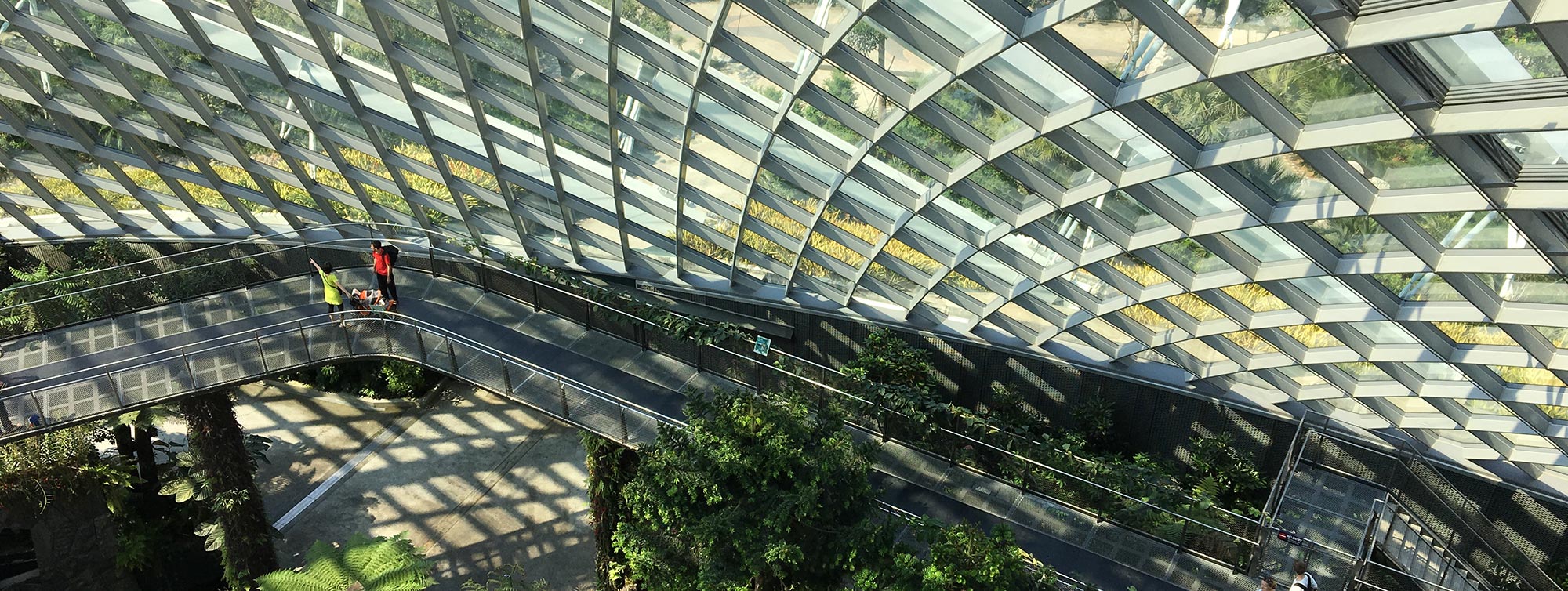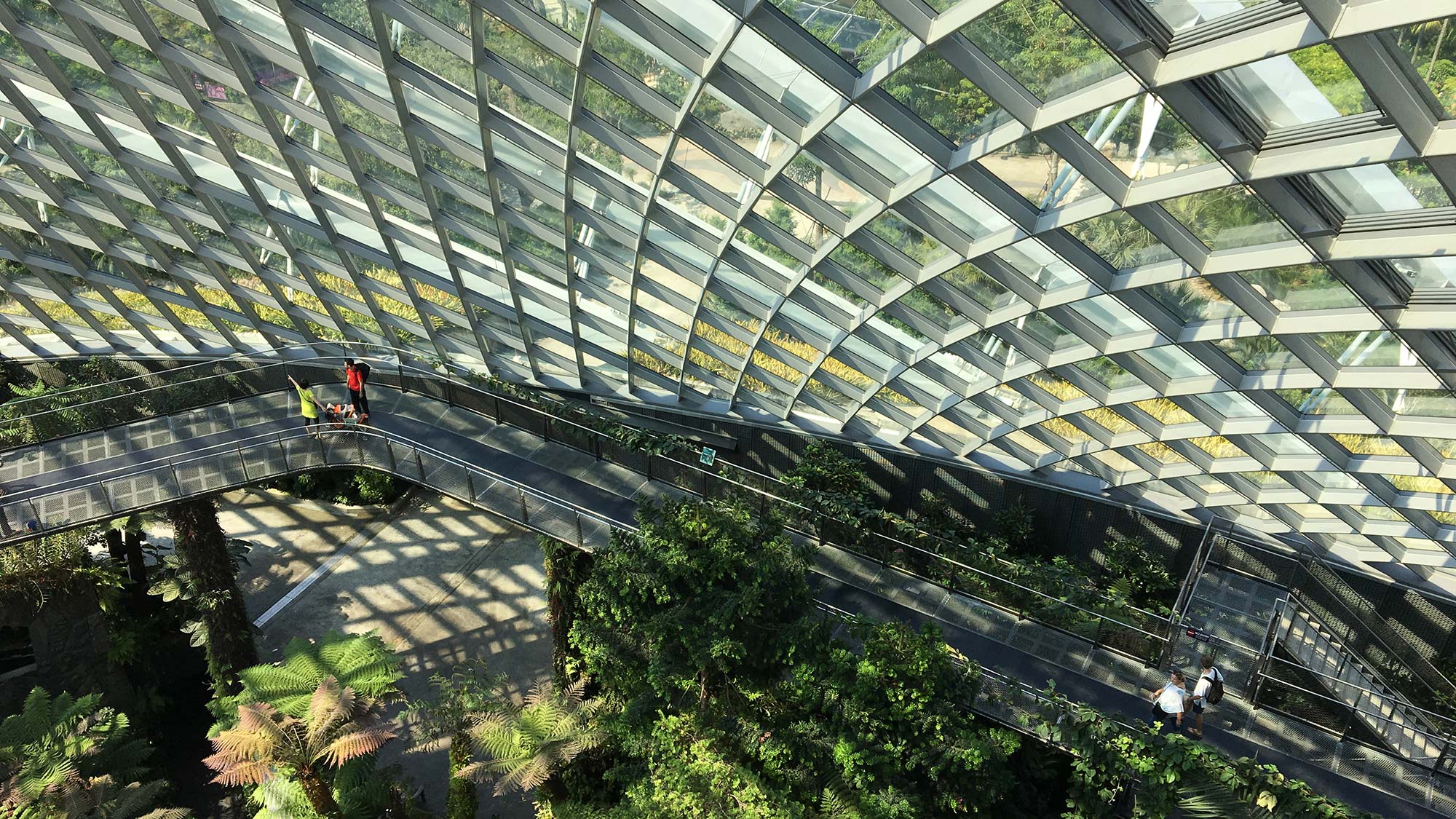Models of Growth: Imagining Complexity in Sustaining the Urban
May Ee Wong
Cultural Studies
UC Davis
This dissertation uses architectural history from the 1960s-70s, when systems-thinking was widely applied to urban design, to critically examine the contemporary production of a global model of ‘the sustainable city,’ as embodied by Singapore’s transition from underdeveloped city-state to high-tech garden “oasis.” It thereby integrates Asian developmental architectural imaginaries into the global architectural history canon, and critiques economically-driven urban innovation discourses promoting the sustainable city as the global solution to population increase and urban growth that is being produced by architects, urban planners and complexity scientists as international urban expertise. Using scalable models, urban experts project spatio-temporal boundaries that create environments and urban futures which ironically occlude aspects of larger ecological systems collapse and specificities of context. Through an analysis of the various ideological stakes behind Singapore as a model of an exportable developmental sustainable city, this research produces a more nuanced analysis of sustainability discourse and design that extends beyond critiques of “greenwashing.”


